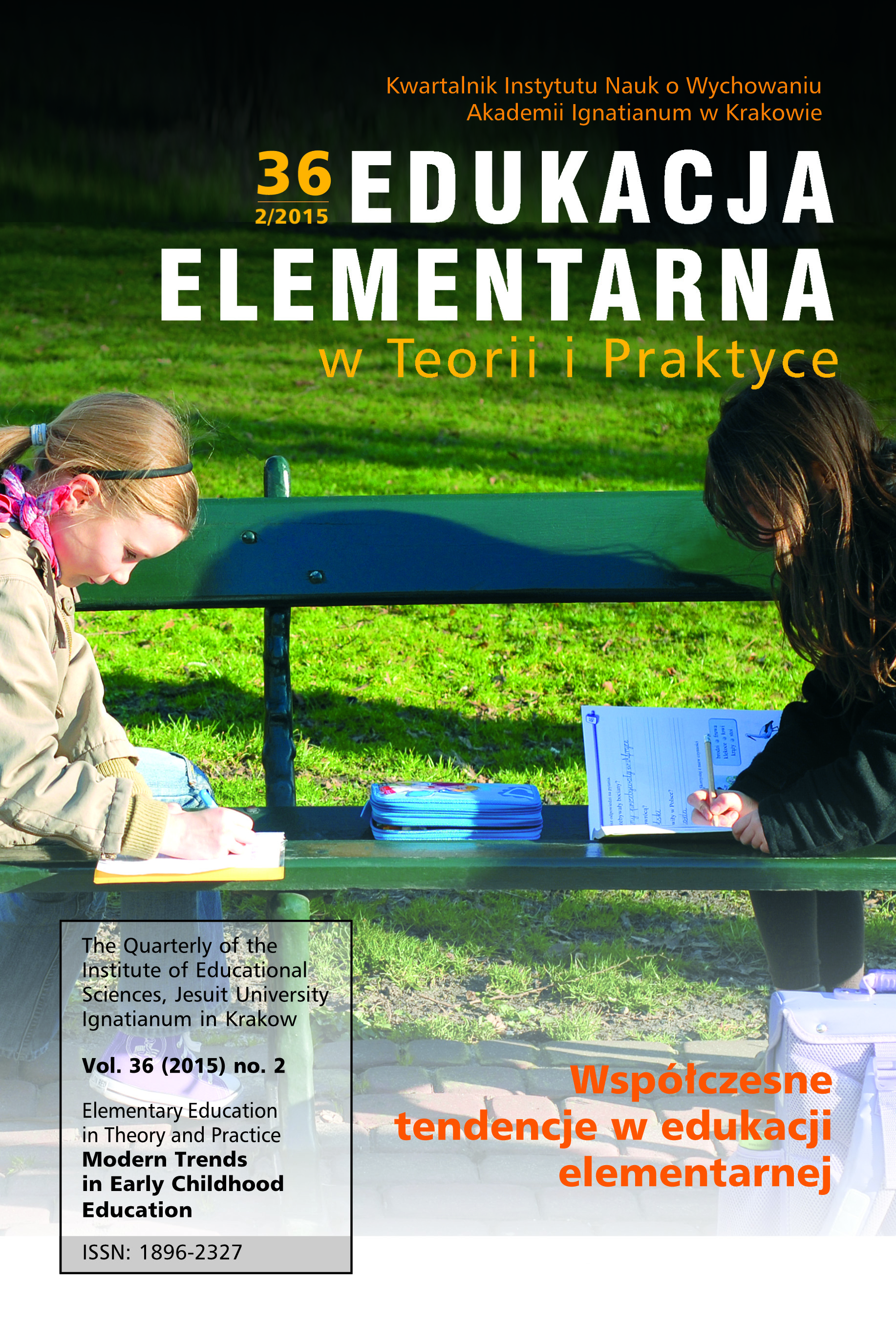Minds for the Future as a Challenge for Contemporary Education. Maria Montessori’s and Howard Gardner’s Suggestions for Reform
Minds for the Future as a Challenge for Contemporary Education. Maria Montessori’s and Howard Gardner’s Suggestions for Reform
Author(s): Iwona SikorskaSubject(s): Social Sciences, Education, Psychology
Published by: Uniwersytet Ignatianum w Krakowie
Keywords: education; Montessori pedagogy; Gardner’s theory;mind;
Summary/Abstract: In its discussion of Montessori pedagogy and its importance for education, contemporary psychology often focuses on the cognitive and the social areas of children’s development. This article makes an attempt to highlight the similarities between the Montessori method and Gardner’s five minds for the future theory with regard to the image of young people they create and the practices they offer to foster their development. The aim of Montessori pedagogy is to educate people who are capable of freedom and inner discipline, are critical and independent thinkers, show respect to themselves and others and bring order and harmony to their own lives and to their environment. Gardner’s theory also propounds that education should develop young people to lead a productive life in a peaceful community. The minds of modern individuals should contain five crucial elements: disciplinary thinking, the capacity for synthesis, empathy, creativity and respect for ethical principles.Both suggestions derive from the interdisciplinary thinking styles of their authors, who embrace anthropology, psychology and education in their reflections on human development. They both touch upon issues such as taking care of oneself and the environment (ecology and empathy), developing tools which foster independent thinking and a specially prepared learning environment to promote respect in children. In their suggestions for education and upbringing, both authors use a richly metaphorical style which helps their readers embrace their ideas. The challenges and needs of the global world raise new questions concerning ideal education. The answer to this question can be answered only through a dynamic process which offers constantly new solutions.
Journal: Edukacja Elementarna w Teorii i Praktyce
- Issue Year: 10/2015
- Issue No: 2 (36)
- Page Range: 11-30
- Page Count: 20
- Language: English

